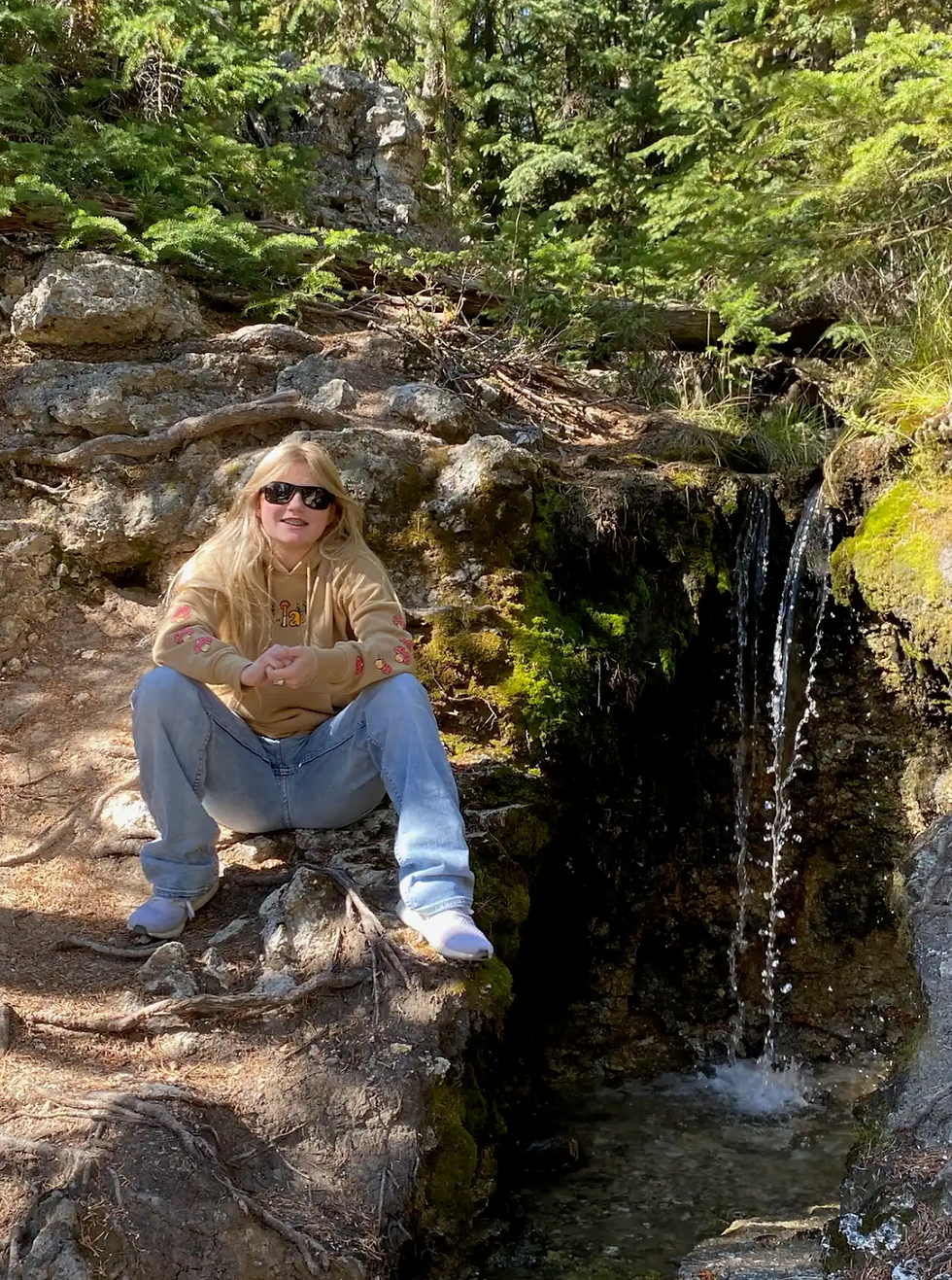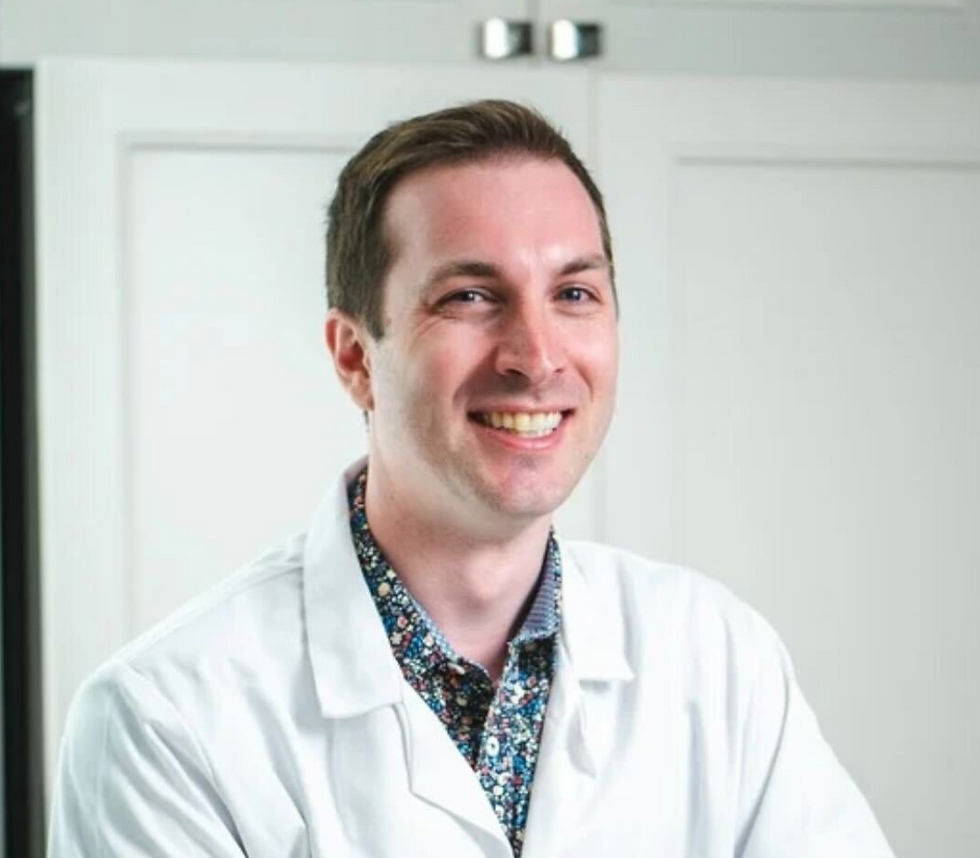Interview with Patrick MacConnell
- Jasper Delichte
- Apr 15, 2021
- 3 min read
Patrick MacConnell
Can you please tell me a bit about yourself. You may start wherever you would like.
My injury was over twenty years ago. I was going through university at the time, and I suffered a brain aneurysm. I recovered quite nicely and decided to go back and complete my economics degree at St. Mary’s. When I went back to finish my degree, I studied like before, but it was a complete failure. I couldn't remember anything. I studied the way I used to study before my aneurysm. I realized that I do have some deficits, so it was quite frustrating at the time as I wasn’t used to failure. I still wanted to finish my degree off, just to get it done and keep going in the world. I got a neuropsych test done and the biggest thing I learned was that when learning things, if I hear them instead of read things I can comprehend them easier. So basically what I did was read all my notes into a voice recorder and basically studied that way and that got me through my degree. I was quite proud of that. I have to say that my family was behind me 100%, and I realize that working with the job that I’m at now, how important that is for recovery. It’s so important to have someone who believes in the struggles that you have. Working with the Brain Injury Association of Nova Scotia, I’m answering the phone all the time so I’m talking to brain injury survivors or family members of survivors, it’s the most difficult thing if you’re doing it alone. In my recovery I look back and reflect and realize how thankful I am to have that strong family support because it made it a lot easier.
Can you tell me about the organization that you work with?
We are still small and growing, but we are going through a lot of change. Back when I started it was very small, and it was just us trying to keep thing organization afloat. What we do is we try to help our membership navigate the system and we put on support programs, resources, and have educational sessions and that sort of thing. I know we are doing a lot of good. We moved all our support online, so we still can connect with people. As well we have a yoga person who also has a brain injury and she’s doing yoga with people who have brain injuries. During the pandemic we got essentials to people: food, technology, giftcards. Brain injury is a huge massive endeavour and society still doesn’t really understand it. We are getting a lot better, but society in general doesn’t understand it. And when you can’t see an injury, people don’t see it as a problem because you look alright on the outside. I feel people don’t have the patience or understanding.
Did you have any symptoms after your aneurysm?
Well the main thing was just the struggle of learning new things. My reading comprehension was hard, I’m a slower reader. I’m an avid reader now. I go to the library and I usually have 2-3 books going, just to keep my brain functioning, I enjoy reading again. I read a variety of books; I like biographies, novels, and historical fiction. Fatigue is a big issue as well.
How has living during Covid affected your work and life in general?
With work we had to shift everything online, so that was a big change for our organization. Not all our peer support groups wanted to move everything online, just because they didn’t think they could do it. But we did what we could. Our next step is to do sort of a hybrid online and in live programming once we are allowed to do that again. It's been a struggle to say. I feel like I’ve become a lot busier. But I think we made a good shift.
What's the first thing you would like to do after the pandemic?
I think for our organization, just being able to gather again. That's really important. We have our online chats but a lot of brain injury people can’t use their computers in the sense that it's hard on their brains. So a lot of people can't join our support groups because of their brain injury, so to have the ability to have people come into our community space in person will be great and that's what I'm looking forward to.
Interviewed by Jasper Delichte



